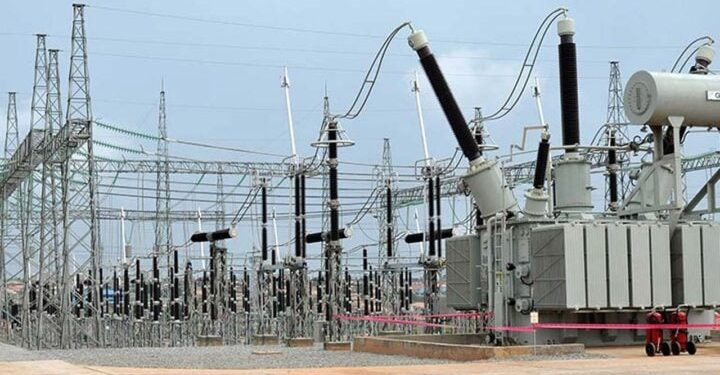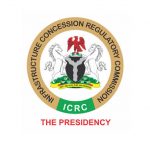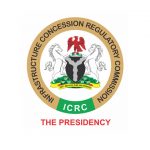The Nigerian federal government is intensifying efforts to resolve the country’s persistent electricity challenges by collaborating with the private sector to secure part of the estimated $10 billion needed over the next five to ten years. This funding will support the enhancement and expansion of power infrastructure to achieve a consistent 24-hour power supply nationwide.
The government’s approach, led by Minister of Power Adebayo Adelabu, underscores the urgency for public-private partnerships (PPP) to bridge the financing gap, as public funds alone are insufficient given the competing demands from other critical sectors. At a recent meeting with Jobson Ewalefoh, the Director-General of the Infrastructure Concession Regulatory Commission (ICRC), Adelabu emphasized that boosting private sector participation and investment is key to revamping Nigeria’s aging power infrastructure and preventing future grid collapses.
Following recent national grid failures, Adelabu has issued directives to replace outdated equipment, though he noted that supplementary funds would be needed from the 2024 and 2025 budgets to fully implement these upgrades. Highlighting the significance of private sector involvement, Adelabu stated, “Can the government do it alone? No! We have to marshal private sector funds while still retaining government interest and ownership.”
In response, ICRC’s Jobson Ewalefoh reinforced the commission’s role in facilitating private sector investments and ensuring that such investments align with regulatory standards. He suggested that increased foreign direct investment, spurred by PPPs, would strengthen the power sector and stimulate economic growth across multiple industries. The ICRC has also introduced a six-point policy to streamline the PPP process, enabling faster project delivery and safeguarding contracts from entities lacking the necessary capabilities.
Ewalefoh highlighted the multi-faceted challenges within Nigeria’s power sector, noting that beyond financial resources, inter-agency collaboration and adherence to regulatory standards are critical. He disclosed that ICRC now mandates strict compliance with conditions precedent in all PPP agreements, ensuring that contracts are swiftly nullified if terms are breached by any preferred bidder.
This partnership aims not only to stabilize Nigeria’s electricity supply but also to pave the way for broader economic development. By securing private investment and strengthening regulatory measures, Nigeria is positioned to advance its infrastructure, foster sustainable growth, and attract more investment to the power sector.










